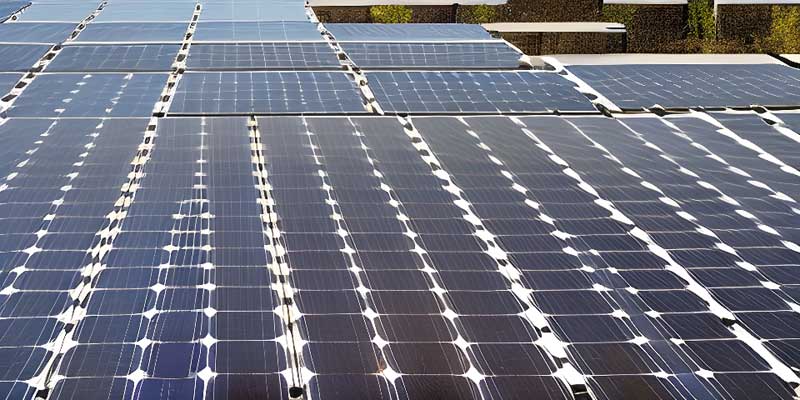Introduction:
In an era of growing environmental concerns and the pressing need for sustainable energy sources, solar power systems have emerged as a beacon of hope. As humanity grapples with the challenges posed by climate change and dwindling fossil fuel reserves, the adoption of solar power systems has taken center stage. This article explores the vital role that solar power systems play in safeguarding our environment and shaping a cleaner, greener future. That can also help us to learn how we utilize the sun efficiently.
Reducing Greenhouse Gas Emissions
One of the most significant contributions of solar power systems to the environment lies in their ability to reduce greenhouse gas emissions. Traditional fossil fuel-based energy sources, such as coal, oil, and natural gas, emit vast amounts of carbon dioxide and other harmful pollutants into the atmosphere when burned for electricity generation. Solar power, on the other hand, harnesses the energy of the sun without producing any direct emissions. By transitioning to solar energy, we can significantly mitigate the impact of global warming and air pollution, helping to combat climate change.
Minimizing Air and Water Pollution
Conventional power generation processes often involve the release of pollutants, such as sulfur dioxide, nitrogen oxides, and particulate matter, which can contribute to air pollution and have detrimental effects on human health and ecosystems. Additionally, these pollutants can find their way into water bodies through rain, leading to water pollution. Solar power systems, being emission-free, eliminate these negative externalities and promote cleaner air and water quality, ultimately supporting healthier environments for all living beings.
Conserving Natural Resources
Fossil fuels are finite resources that are rapidly depleting. Extracting, transporting, and utilizing these resources not only damages ecosystems but also disrupts entire landscapes. Solar power systems, in contrast, rely on an infinitely abundant and renewable source: sunlight. By harnessing the sun’s energy, we can reduce our dependence on non-renewable resources, protecting sensitive ecosystems and preserving biodiversity.
Mitigating Habitat Destruction
The extraction of fossil fuels often leads to habitat destruction, including deforestation, disruption of wildlife habitats, and soil degradation. Solar power systems have a significantly smaller physical footprint, particularly when installed on rooftops or in already developed areas. This minimizes the need for extensive land use and reduces the pressure on ecologically valuable regions, allowing ecosystems to thrive.
Promoting Energy Independence and Resilience
Solar power systems empower individuals, communities, and even entire countries to generate their own clean energy. This decentralization of energy production reduces reliance on centralized power grids and volatile fuel markets, enhancing energy security and resilience. In regions prone to power outages, solar power can provide a reliable and continuous source of electricity, bolstering disaster preparedness and recovery efforts.
Creating Green Jobs and Economic Growth
The rapid growth of the solar industry has led to the creation of numerous green jobs across various sectors, including manufacturing, installation, maintenance, and research. As the demand for solar power systems increases, so does the potential for economic growth and innovation. This transition to renewable energy sources can stimulate local economies and drive technological advancements, positioning nations at the forefront of sustainable development.
Conclusion
Solar power systems stand as a beacon of hope for a cleaner, greener future. By reducing greenhouse gas emissions, minimizing air and water pollution, conserving natural resources, mitigating habitat destruction, promoting energy independence, and driving economic growth, solar energy plays a pivotal role in safeguarding our environment. As we continue to harness the power of the sun, we take a crucial step towards mitigating the impacts of climate change and ensuring a sustainable planet for generations to come.








